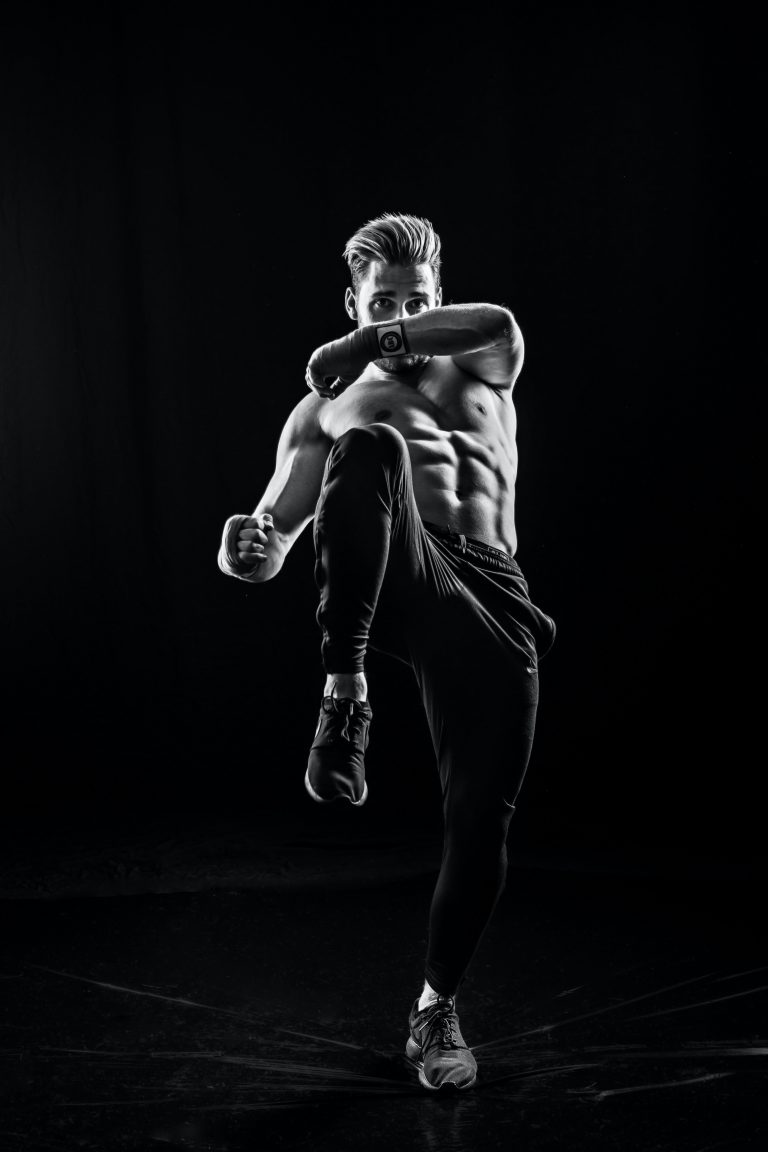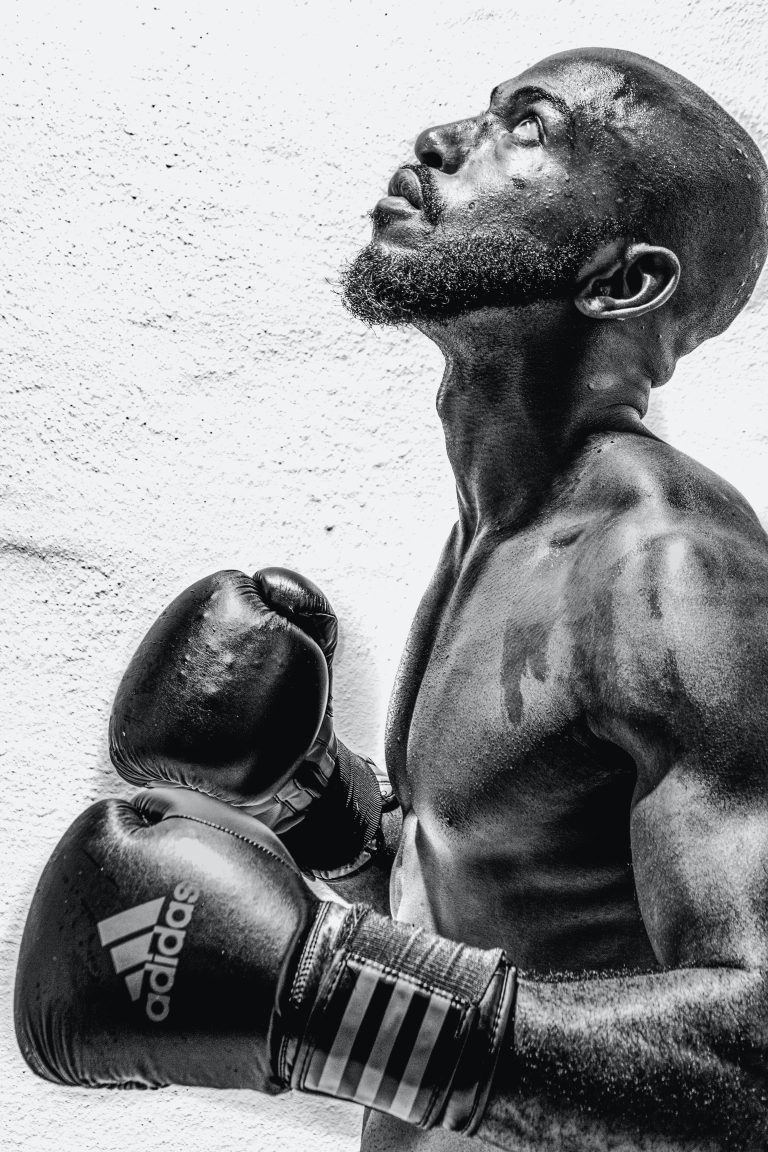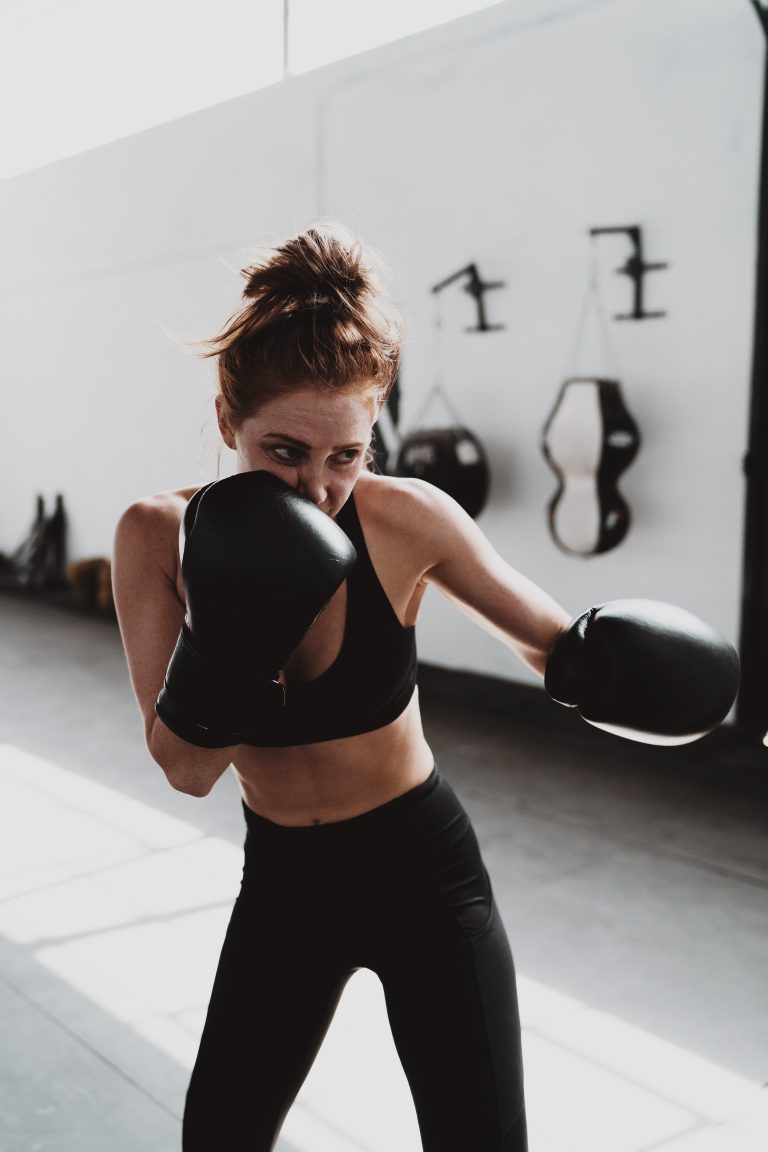Is Shotokan Karate Good for Fighting?
Shotokan Karate is one of the most popular and traditional forms of karate in the world. Developed from various martial art styles, Shotokan is known for its powerful strikes and strong stances, making it a deadly choice for self-defense. But the question that arises in many minds is whether Shotokan Karate is good for fighting?
Let’s find out if Shotokan Karate is a suitable martial art for self-defense and fighting.
The Basics of Shotokan Karate
Shotokan Karate is a Japanese martial art that focuses on striking techniques, including punches, kicks, and open-hand techniques. The principles of Shotokan Karate involve efficient movement and balance, developing strength and power, and acquiring a clear mind.
In Shotokan Karate, practitioners learn a range of techniques that are designed to be powerful and effective in combat. These include:
- Strikes (punches, kicks, knees, and elbows)
- Blocks (defensive techniques against strikes)
- Throws (techniques that allow you to throw your opponent to the ground)
- Joint locks and chokes (fight-ending submissions that can be painful or lethal)
Shotokan Karate is a style that emphasizes discipline and self-control. Practitioners are trained to control their emotions, move with grace, and exhibit respect towards themselves, their peers, and their opponents.
Is Shotokan Karate Effective for Fighting?
The effectiveness of Shotokan Karate for fighting depends on a variety of factors. These factors include your proficiency in the style, your fitness level, the circumstances of the fight, and the skill level of your opponent.
Some argue that Shotokan Karate, like many traditional martial arts, is not an effective fighting style for modern times. They claim that too much emphasis is placed on form and tradition, and that the techniques are not practical in real-world self-defense situations.
Others argue that, when trained properly, Shotokan Karate can be incredibly effective for fighting. The strikes are powerful, the movement is fluid, and the techniques are precise. Shotokan Karate can also improve your fitness and stamina, which can be crucial in a fight.
Ultimately, the effectiveness of Shotokan Karate for fighting depends on the practitioner. If you train with dedication and discipline, and understand how the techniques can be applied in real-world scenarios, then Shotokan Karate can be an effective self-defense and fighting style.
What Are the Benefits of Learning Shotokan Karate?
Whether or not Shotokan Karate is an effective fighting style, there are numerous benefits to learning the martial art. These benefits include:
- Improved fitness and health, including increased flexibility, strength, and endurance.
- Increased discipline and self-control. Practicing Shotokan Karate can help you develop mental fortitude and the ability to remain calm and focused under stress.
- Improved posture and balance. Shotokan Karate requires a strong and stable stance, which can improve your overall posture and balance.
- Confidence and self-esteem. As you progress in your training and develop your skills, you will gain greater confidence in your abilities and higher self-esteem.
- Community and camaraderie. Joining a Shotokan Karate dojo can provide a sense of community and belonging, as well as the opportunity to form friendships with your peers.
Is Shotokan Karate Good for Fighting? Answering the Most Frequent Questions
Shotokan karate is a traditional martial art that originated in Okinawa, Japan. It is known for its powerful strikes, dynamic footwork, and rigorous training. However, one of the most frequently asked questions about Shotokan karate is whether it is good for fighting. In this article, we will address some of the most common questions about this topic.
What is Shotokan Karate?
Shotokan karate was developed by Gichin Funakoshi, who brought it from Okinawa to Japan in the early 20th century. It is characterized by its strong focus on basics, including punches, kicks, stances, and kata (pre-arranged forms), as well as sparring (kumite).
Is Shotokan Karate Effective in Real Fights?
One of the most common questions about Shotokan karate is whether it is effective in real fights. The answer is that it depends on the practitioner’s skill and training. Shotokan karate emphasizes technique and precision, which can be effective in self-defense situations. However, it is important to note that Shotokan karate is a traditional martial art that also places a significant focus on etiquette and discipline, which may not be directly relevant in a real fight.
What Techniques Does Shotokan Karate Use?
Shotokan karate utilizes a wide range of techniques, including punches, kicks, strikes, blocks, throws, and joint locks. These techniques are designed to be fast, powerful, and efficient. Shotokan karate also emphasizes proper breathing and focus to enhance performance and energy.
Is Shotokan Karate a Good Way to Stay Fit?
Yes, Shotokan karate is an excellent way to stay fit. It involves a lot of physical activity, including cardio, strength training, and flexibility. It can help you improve overall health, increase energy levels, and build confidence.
How Long Does It Take to Master Shotokan Karate?
Shotokan karate is a lifelong pursuit, and there is always more to learn. However, it typically takes several years of dedicated practice to earn a black belt and become proficient in the art. Attaining higher levels of mastery can take even more time.
Can Anyone Learn Shotokan Karate?
Yes, anyone can learn Shotokan karate. It is a versatile art that can be adapted to suit different ages, fitness levels, and skill sets. However, it is important to note that Shotokan karate does require a significant amount of training and discipline, so it may not be suitable for everyone.
Should I Learn Shotokan Karate?
Whether or not you should learn Shotokan karate depends on your interests, goals, and lifestyle. If you are interested in improving your physical fitness, building confidence, and learning self-defense techniques, then Shotokan karate may be a good fit for you. However, it is important to consider whether the time, effort, and expense of learning Shotokan karate are worthwhile for you.
Is Shotokan Karate Good for Fighting? A Comprehensive Guide
If you’re interested in practicing Shotokan Karate, one of the most common questions you might have is whether it’s good for fighting. Shotokan Karate is a traditional martial art that originated in Japan, and it’s become a popular style around the world. In this guide, we’ll explore the effectiveness of Shotokan Karate as a fighting style, as well as some tips for getting started with your practice.
Understanding Shotokan Karate
Before we dive into how effective Shotokan Karate is as a fighting style, let’s take a quick look at what it is exactly. Shotokan Karate involves a range of techniques, including kicks, punches, and strikes, as well as throws and joint locks. The practice aims to develop strength, flexibility, and coordination, as well as mental discipline and focus.
One of the defining features of Shotokan Karate is its signature stances and footwork, which are designed to provide a balanced base for striking and moving. Practitioners also learn kata, or pre-arranged forms of movements, which are used to develop muscle memory and coordination.
Effectiveness of Shotokan Karate for Fighting
Now, let’s get to the question at hand – is Shotokan Karate effective for fighting? The answer, as with many things, is that it depends.
Shotokan Karate can be a practical and effective fighting style when taught and practiced correctly. It emphasizes not only physical strength and technique but also mental discipline, control, and focus. It also includes a range of strikes, kicks, and blocks that can be useful in self-defense situations.
However, Shotokan Karate is not a style that focuses solely on fighting effectiveness. Many practitioners see it as a form of personal development and self-improvement, with an emphasis on values such as respect, humility, and perseverance.
Additionally, different martial arts styles have their strengths and weaknesses, and what works in one situation may not always work in another. Some practitioners of Shotokan Karate may complement their practice with training in grappling and wrestling, and some may use other styles for self-defense scenarios that require a different approach.
Tips for Practicing Shotokan Karate
If you’re interested in practicing Shotokan Karate, here are a few tips to keep in mind:
1. Find a reputable instructor: Look for a qualified instructor who has experience teaching Shotokan Karate and can provide you with individualized attention and feedback.
2. Focus on technique: In Shotokan Karate, technique is crucial. Make sure you’re practicing correct form and posture, and don’t rush through movements.
3. Train consistently: Like any martial art, the more consistently you train, the better. Make sure you’re practicing regularly to build strength, flexibility, and coordination.
4. Be patient: Learning Shotokan Karate takes time and effort, so don’t get discouraged if progress seems slow. Keep working at it, and you’ll see improvements.
5. Consider complementary training: As mentioned earlier, many practitioners of Shotokan Karate supplement their training with other styles, such as grappling or wrestling. Consider exploring other styles to round out your skillset.
Conclusion
So, is Shotokan Karate good for fighting? The answer, as with many things, is that it depends. While Shotokan Karate can be a practical and effective fighting style when practiced correctly, it’s important to recognize that it’s not a style that focuses solely on fighting. It’s also important to find a qualified instructor, focus on technique, train consistently, be patient, and consider complementary training to complement your practice. No matter why you decide to practice Shotokan Karate, it can be a rewarding and fulfilling journey.
Inhaltsverzeichnis






